Publications
Articles, publications, books, tools and multimedia features from the U.S. Institute of Peace provide the latest news, analysis, research findings, practitioner guides and reports, all related to the conflict zones and issues that are at the center of the Institute’s work to prevent and reduce violent conflict.
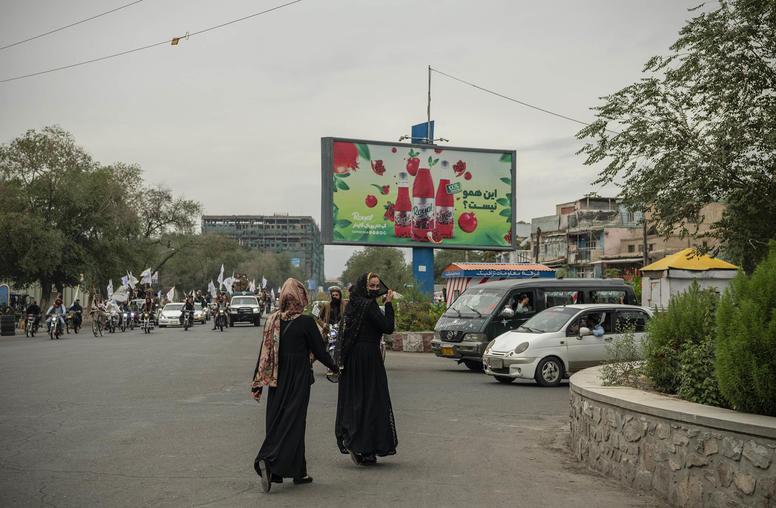
Two Years of the Taliban’s ‘Gender Apartheid’ in Afghanistan
Two years after the Taliban takeover of Afghanistan, the human rights situation in the country is abysmal, with women and girls experiencing the worst of the regime’s policies. There is growing evidence that the Taliban are committing the crime against humanity of gender persecution of women and girls, an assertion Human Rights Watch made in a new report. This summer, the World Economic Forum slated Afghanistan last of the 146 countries it ranked in a study on gender gaps. The scope of the Taliban’s women’s rights restrictions is truly unprecedented.
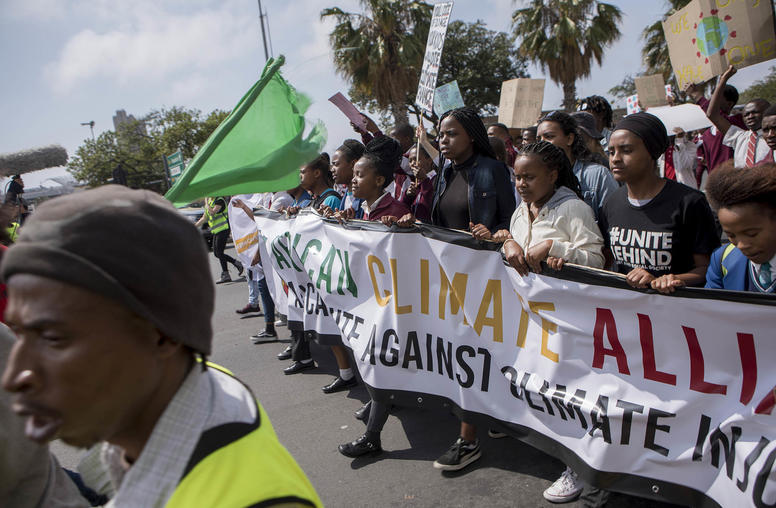
In Earth’s Climate Crisis, Africa Demands a Fairer Sharing of Costs
Earth’s intensifying storms, heat, droughts and floods underscore that humanity is falling behind in its race against climate change. With global powers and institutions still debating how to transform economies and share the costs of surviving a destabilizing climate, the planet’s most vulnerable continent managed partial advances this month toward a regional consensus. The first-ever Africa Climate Summit amplified demands for a robust, fairer collective response to a warming planet — but fell short of forging a unified African position. Critically, it missed a chance to outline a strategy for dealing with the combined impacts of climate and violent conflicts.
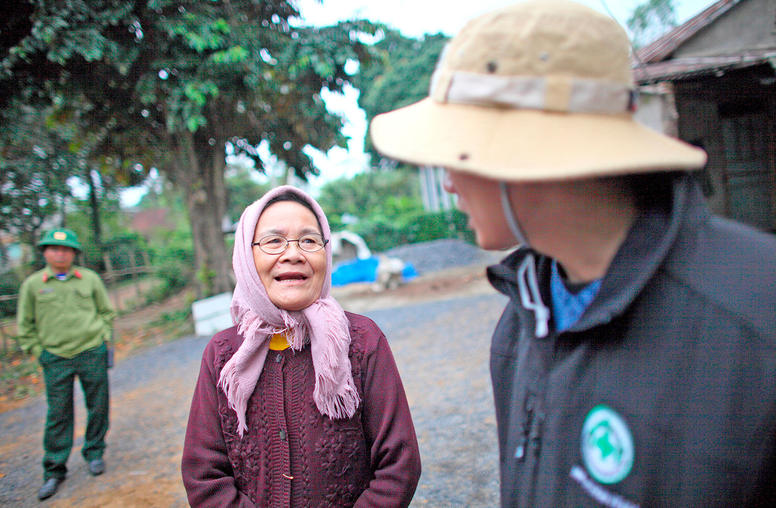
US Assistance to Vietnamese Families Impacted by Agent Orange
Addressing war legacies is a top priority for both the US and Vietnamese governments, although cooperation on the impacts of Agent Orange took more than 20 years to develop. This report reviews the history of that cooperation and examines assistance for those affected by Agent Orange, including families and caregivers, in Vietnam. The report identifies a need for comprehensive nonmedical support and offers recommendations to better address this need and further develop bilateral trust and respect.
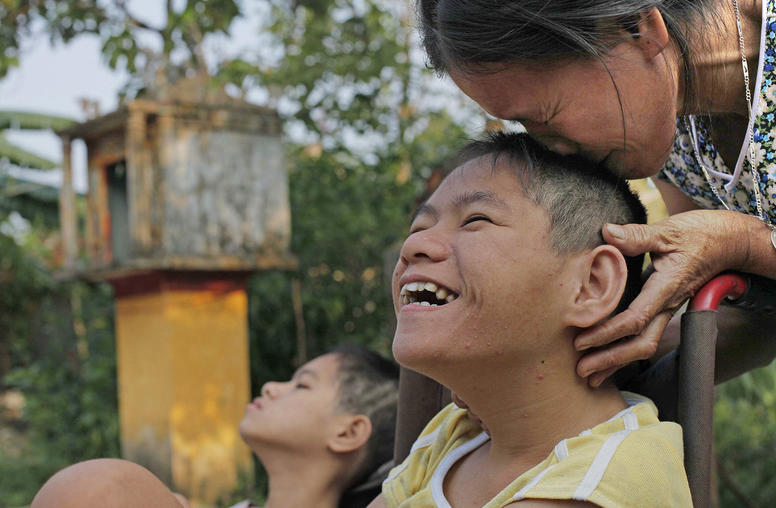
Agent Orange Victims in Vietnam: Their Numbers, Experiences, Needs, and Sources of Support
Between 1961 and 1971, US forces sprayed an estimated 12 million gallons of Agent Orange in Vietnam. The effects remain one of the most contentious legacies of the Vietnam War. This report focuses on the hardships faced by Vietnamese people living with Agent Orange–related health problems and disabilities and suggests ways the US and Vietnamese governments can better address the legacy of Agent Orange to provide support to individuals and families, and to strengthen bilateral relations.

Andrew Wells-Dang on Biden’s Trip to Vietnam
The comprehensive strategic partnership announced during President Biden’s trip to Vietnam marks 50 years of progress between the two countries and an “upgrade of the U.S.-Vietnam relationship to the highest level,” says USIP’s Andrew Wells-Dang, while adding a caveat that “it doesn’t mean Vietnam is becoming a U.S. ally.”
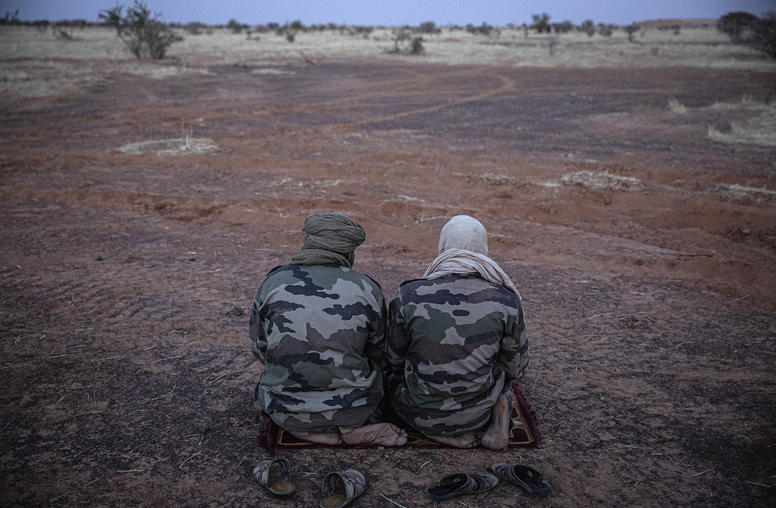
As Violent Extremism Evolves, Local Partners are Key in Finding Solutions
In the 22 years since the 9/11 attacks, the global community has grappled with how best to respond to, prevent and address violent extremism and its impacts, including acts of terrorism. Policymakers and practitioners alike have recognized the need to avoid overly repressive measures, so significant investment has gone into a version of preventing and countering violent extremism (P/CVE) that adopts a less-securitized approach alongside an array of peacebuilding, development and public health tools.
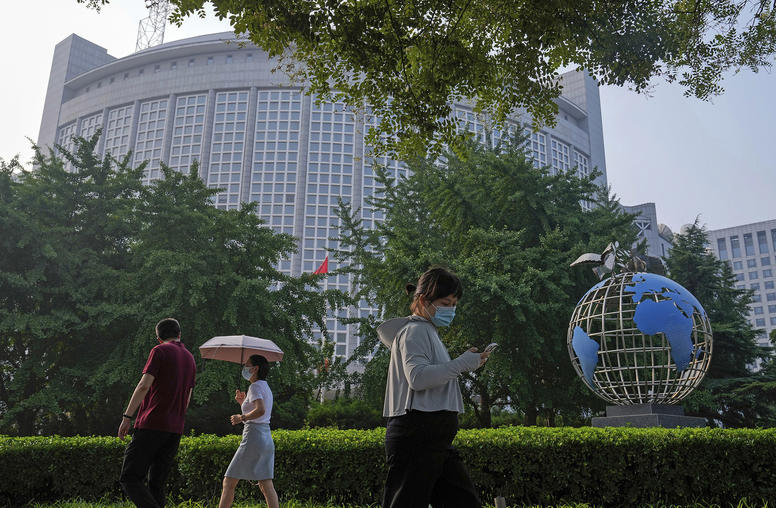
China and the Reshaping of Global Conflict Prevention Norms
As China has become a more powerful and influential actor—economically, politically, and militarily—it has demonstrated growing interest in playing a larger role in international conflict prevention and influencing established norms. This report examines Beijing’s approaches and efforts in this area, focusing on three case studies: funding projects through the UN, “Sinocentric” regional organizations, and ties with Solomon Islands. The report finds that China’s efforts around conflict prevention have a coherence that requires a similarly coherent response from the United States.
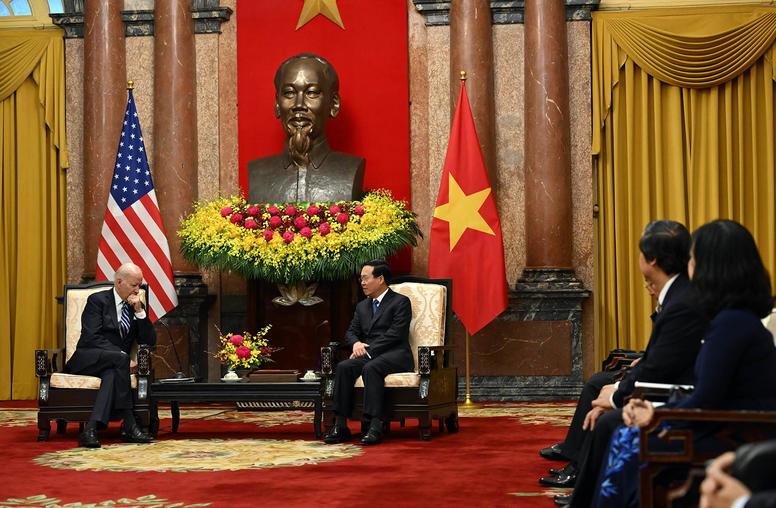
U.S.-China Competition Presents Vietnam with Risks and Opportunities
In recent years as U.S.-China strategic competition has ramped up, Southeast Asia has been one of the key domains where this rivalry is playing out. Vietnam is the only Southeast Asian country that has suffered from direct military confrontations with several major powers. It suffered at the height of the Cold War, and also when the major powers entangled and realigned their relationships when geostrategic factors shifted, such as when the United States and China improved ties in the early 1970s. So, Vietnam is especially sensitive to this intensifying strategic competition and attuned to the impact on its relationships with major powers.
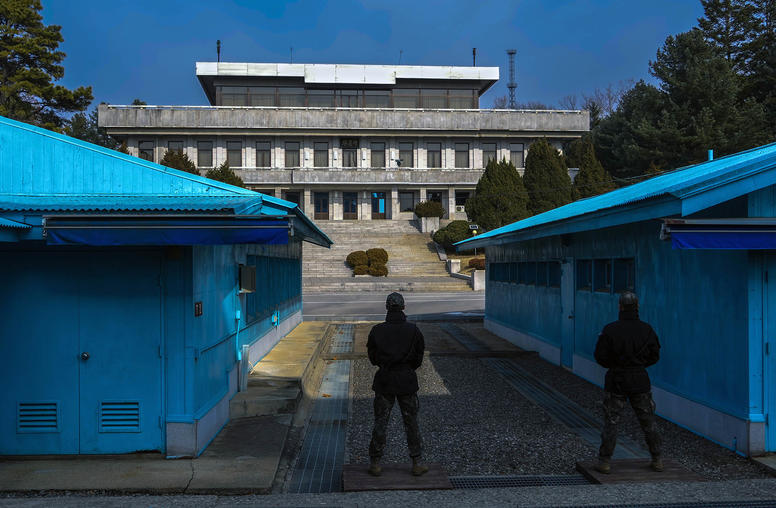
70 Years After the Armistice, the Korean Peninsula Still Struggles for Peace
On July 27, 1953, military commanders from the United States, North Korea and China signed an armistice agreement that ended the hostilities of the Korean War. The parties agreed to a “complete cessation of hostilities and of all acts of armed force until a final peaceful settlement is achieved.” They also recommended holding a “political conference” within three months for “the peaceful settlement of the Korean question.” After 70 years of truce, however, peace on the Korean Peninsula is still elusive.
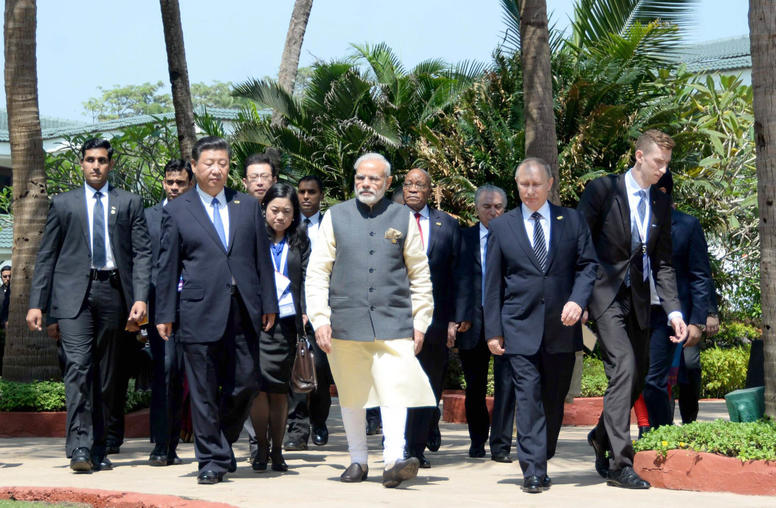
How Does China Approach Conflict Prevention?
As the United States enters a “post-Afghanistan era” and with great power competition on the rise, questions abound about the role of the world’s major powers, and the multilateral institutions they lead, in preventing conflict. Many of these questions are rightly being asked about the People’s Republic of China (hereafter the PRC or China). As it has become a more powerful and influential actor — economically, politically and militarily — China has demonstrated growing interest in playing a larger role in preventing international conflict through both multilateral and bilateral frameworks. To date, little attention has been given to China’s activities in this area, a gap in understanding our forthcoming report is designed to help fill.